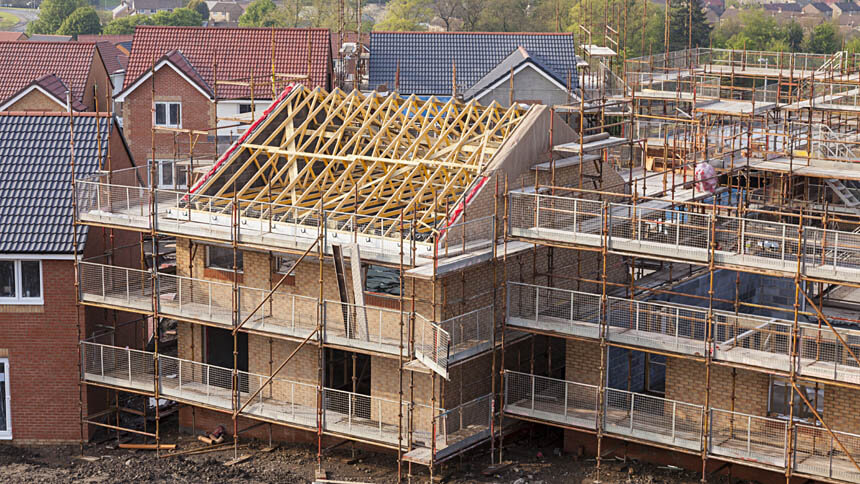In August 2019 the
RIBA Future Trends Workload Index dropped to its second-lowest point in a year,
with a workload balance figure of 0, compared to this time last year when it
was +11.
This month’s Future
Trends survey results suggest the current Brexit status continues to affect
architects’ workload expectations.
Practices in London
remain negative about future workloads, returning a balance figure of -8 in
August. Workloads predictions from practices in the South of England, Wales and
the West have now followed London into negative territory, all returning a workload
balance figure of -15. In a continued pattern of optimism, however, the North
of England results indicate positivity about future workloads (balance figure
of +29); practices in the Midlands & East Anglia also reverted to positive
territory this month, to +19.

More small practices
(1-10 staff) expect their workload to decrease over the next three months, with
a balance figure of -4. In contrast, large (51+ staff) and medium-sized
practices (11 - 50 staff) remain confident, returning a combined future
workload balance figure of +36.
Sectoral forecasts
for future workload all declined further this month: commercial sector (-6),
public sector (-6) and community sector (-4). The community sector has not
shown a positive workload prediction since November 2018.
Overall, the private
housing sector forecast remained positive (+1). Here, the most downbeat regions
were London (-8) and South East (-11), and the most positive regions were the
North of England (+14) and the Midlands & East Anglia (+22).
The RIBA Future
Trends Staffing Index showed some improvement since July, climbing three points
to reach 0. Small practices continued to have the lowest staffing index figure,
while both medium and large-sized practices both returned a positive staffing index
figure.
RIBA Head of
Economic Research and Analysis, Adrian Malleson, said: “Many respondents to our
Future Trends Survey have drawn attention to issues attributed to Brexit. These
include a falling pound causing increasing costs, lowered margins and fee
income, and projects failing to move beyond feasibility studies.
"Some practices, while acknowledging these are
challenging times, explained how they have made themselves more resilient:
concentrating on high-quality work, investing in marketing and emphasising high
levels of client service.”




















